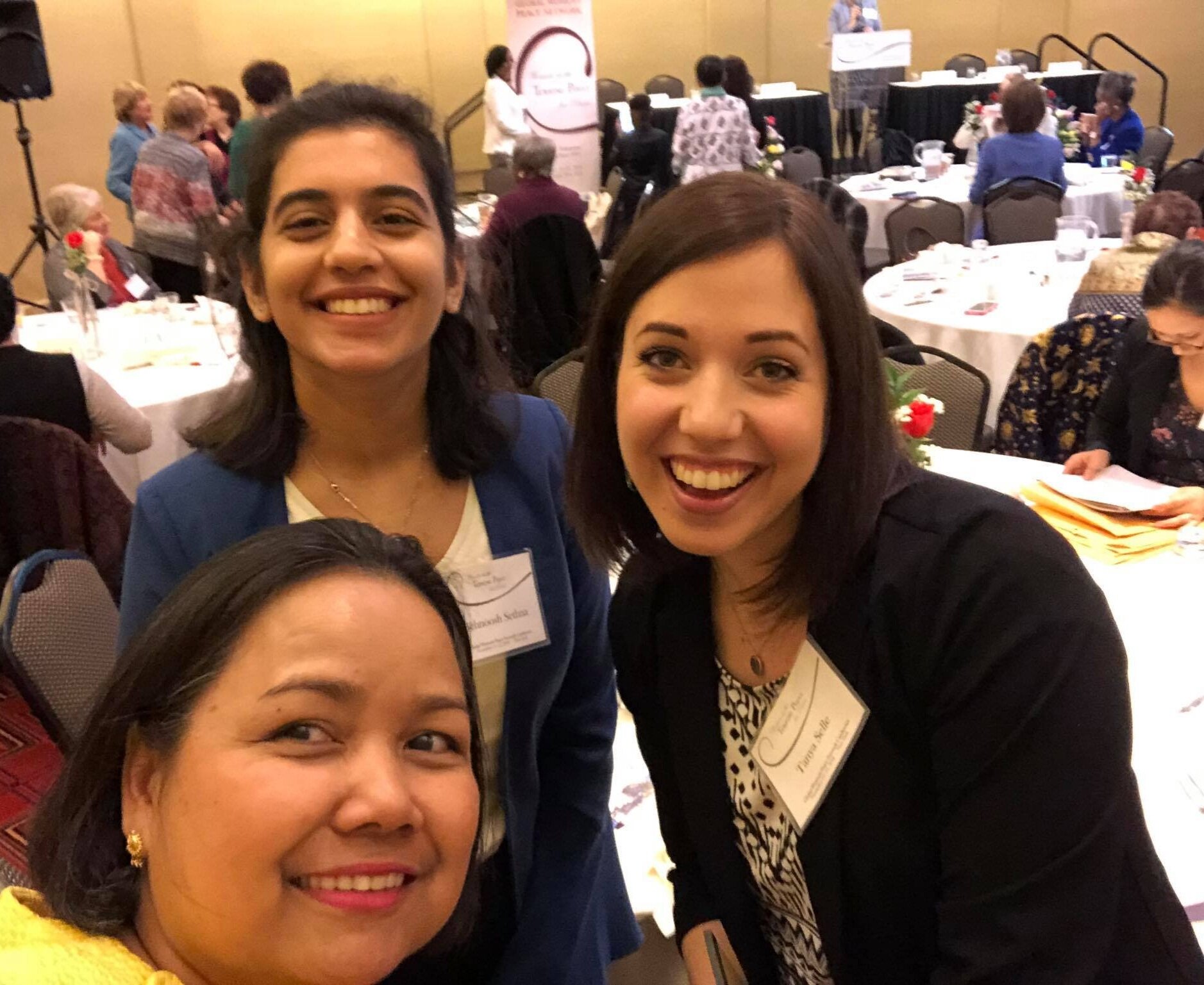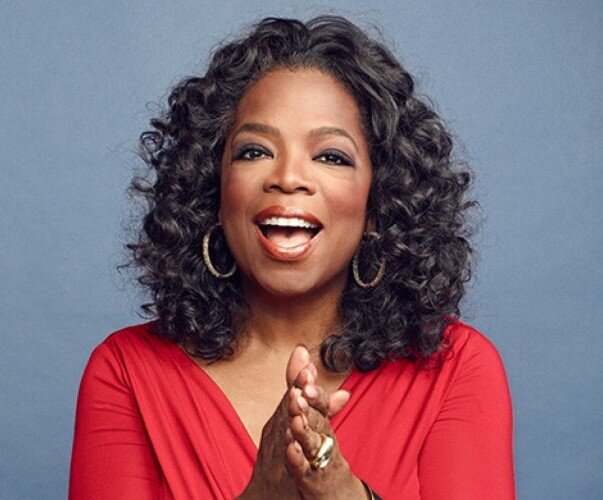One of the Keys to Peace: Raising Up Young Women Leaders
Growing up, my mom often told me: “you’re a leader, Tanya!” but I would usually shrug it off, not fully knowing what she, or what being a “leader,” really meant.
Being a WFWP member and former chairwoman for WFWP Maryland helped me realize what being a leader really means: it’s not about the title, but about knowing our value and our unique attributes, and offering that to others. It’s about listening to our intuition, our higher self, and having the courage to follow it with positive action. It’s a different kind of leadership — one that starts from the inside out — a leader of the heart. And it’s the kind I believe women have a huge propensity for. It dawned on me then how serious a responsibility it is for all of us to support and raise up other young women in becoming leaders in their own lives, just like my mom has supported and raised me in becoming a leader within my life.
It took a long time for me to feel confident in myself, to express my femininity in my own way, to be kind yet strong, and to take responsibility for my life and my actions — and I am still on that journey. But I often wondered why so many other women like myself don’t feel confident in their rightful, distinct, beautiful qualities. Many girls and young women in fact experience mixed messages in life, battling societal expectations of beauty, family and career, often not knowing what to do or who to be as a result. I believe it’s in large part because women have not had long-term role models throughout history to showcase feminine ways of being and solving problems in more diverse roles. You could say no one quite yet knows the true capacity, role and power of women.
At WFWP, we place a big emphasis on highlighting our divine feminine qualities as a way to empower girls and women to be leaders and positive influencers in their own unique feminine ways. We acknowledge and celebrate the fact that both men and women encompass different and unique personalities and leadership traits — masculine and feminine, respectively — but also that each of us encompass a bit of both masculine and feminine qualities (see Leadership of the Heart seminar), and that both are necessary for building peace.
As a whole, only recently could women feel confident in their unique contributions and style of leadership. Worldwide role models such as Malala Yousafzai, Mother Teresa, Oprah Winfrey, etc., show us through their strong examples that they can handle ugly situations with discernment and grace, confront evil with an embracing motherly heart, and override injustice with courage, determination and a strong belief in themselves and their value. Despite the odds, they have confidence in themselves and in their vision and purpose in life; they are willing to fight for it. The way they do it, with the attitude of bringing everyone along with them, no one is left behind, because in the end, we all want the same thing: inner and outer peace.
As such, it’s more important than ever that we can showcase courage and authenticity to girls and young women by setting a good example and giving them the opportunities and safe space to practice, find their voice, express themselves, and grow and build themselves up.
Just as I was supported by my mom, as well as many other women of faith, in becoming not only a leader with a title, but a leader of the heart in my relationships, family and work life, here are some of the ways in which I try to support and raise up other young women in becoming the leaders they already are deep down:
1. Lead by example
Leading by example is one of the hardest things to do — just ask a parent who wants to instill values in their children when showing that example in daily life is not always easy. My parents’ example impacted me greatly growing up. Amidst the inevitable flaws, they always exemplified living a life of service, kindness, compassion, creative self-expression, and support. In that way, their actions matched their words, and that integrity moved me to adopt the same values.
Reflect on your values and how you practice them. It just might help revive your own beliefs and see what you can do today to manifest them.
2. Give opportunities
I wouldn’t have had half of my eye-opening experiences if it weren’t for someone giving me a chance to contribute something. Currently I live in the UK, and just a few weeks ago WFWP UK hosted its annual Young Women’s Speech Contest, where young women are given a national platform to speak about a relevant topic in front of an audience and a panel of judges. All the finalists could attest to the entire contest as an enriching and challenging experience. They were so grateful to have the chance to reflect deeply about what they really think and to express their voice freely. These kinds of opportunities can help build up young women’s character and confidence.
Think about how we can offer opportunities to girls and young women daily. Maybe ask them what they think about life? How would they deal with a particular situation? How do they feel about something?
3. Empower each other — we’re all in this together
One of the most precious things I keep forever are the connections I made while volunteering for WFWP. The women and men that I got to know, and who got to know me, make me feel inextricably connected and accountable to them, which empowers me to believe in myself more and more. It’s strengthening, empowering, rewarding and humbling all at the same time.
Reach out to your friend, daughter, sister, niece, or even mother, and have a meaningful chat over tea or coffee or during a nature walk. Or you could try taking on a service project or activity together, building memories and trust. You can also pray for them, as we are all connected under one source and can gain special strength, love and direction from God.
The responsibility lies with each one of us to empower women in this often difficult cultural climate — to encourage them to look inwards, and to link together and support each other in being our best, hopeful, big-dreaming, higher-power-seeking selves.




